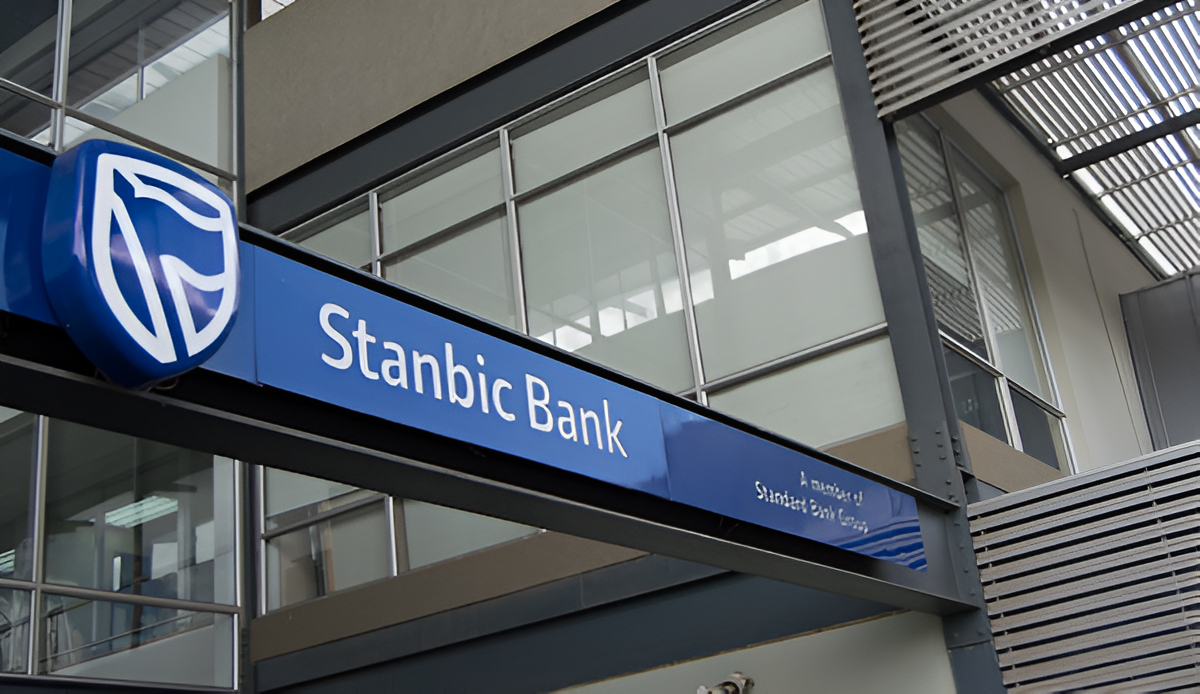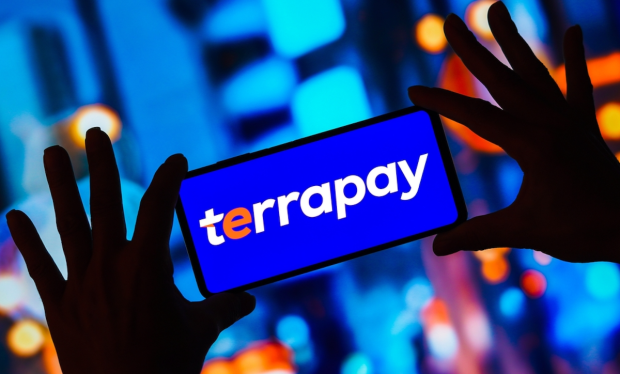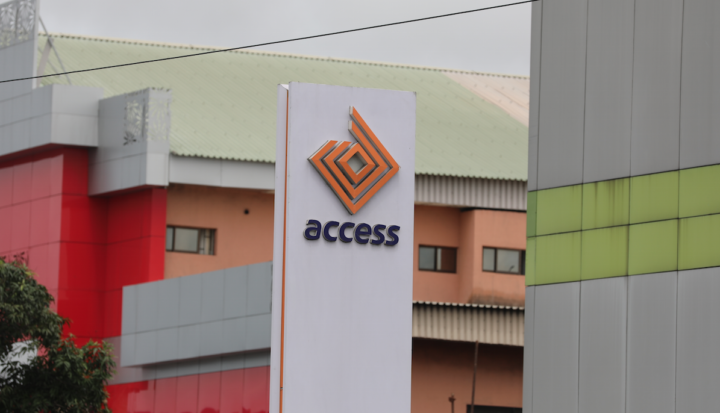Seesaw, a global leader in PreK-12 learning experiences, announced on Tuesday that it had acquired Little Thinking Minds, an edtech startup based in the MENA region that specialises in Arabic literacy solutions.
This move aims to enhance educational offerings in the Middle East and North Africa by combining Seesaw’s interactive technology with Little Thinking Minds’s Arabic literacy curricula and assessment tools.
Expanding Arabic literacy solutions
Little Thinking Minds, founded in 2004, has developed platforms like I Read Arabic and the Mizan Assessment Platform, which have helped over 400,000 students across more than 10 countries improve their Arabic literacy.
Their programs, supported by independent research, have shown a 25 percent improvement in literacy levels. The company serves public and private schools, refugee education programs, and government initiatives, making it a trusted name in the region.
Rama Kayyali, co-founder and CEO of Little Thinking Minds, expressed pride in joining Seesaw, stating, “As the leading Arabic language K-12 edtech in the region—with curriculum alignment across most Arab countries, a strong footprint in both public and private schools, and pioneering research and development in AI for Arabic literacy this milestone represents a powerful next step in our mission.”
She added that the partnership will help scale their impact and deliver culturally relevant learning experiences across MENA and beyond.
Combining strengths for broader reach
Seesaw, trusted by over 25 million educators, students, and families worldwide, offers award-winning interactive and AI-driven learning tools that enhance student engagement and real-time assessments.
Matthew Given, CEO of Seesaw, highlighted the importance of the acquisition: “Little Thinking Minds has built a strong reputation and effective products for improving Arabic literacy, and by joining forces, we can empower more students and teachers with localized, high-impact learning solutions.”
The company plans to launch its first Arabic-language platform in 2026, reinforcing its commitment to multilingual education.
Seesaw and Little Thinking Minds currently serve over 800,000 users in more than 3,000 schools and ministries across the MENA region. This acquisition is expected to accelerate their global reach and provide educators with data-driven insights through interactive dashboards and student portfolios, supporting personalized learning experiences.









